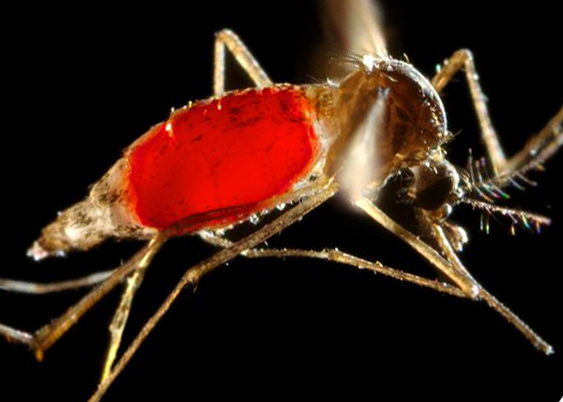5 Things to Know About Zika Virus

The outbreak of the mosquito-borne Zika virus throughout parts of the Americas has raised international concern because of the virus's possible connection to a neurological birth defect called microcephaly.
In response to the outbreak, two doctors writing today (Feb. 8) in the Canadian Medical Association Journal have compiled a concise list of things that people should know about the virus, which is carried by certain mosquitoes in the Aedes group — mainly, the species Aedes aegypti.
"The spread of this virus is highly dependent upon the mosquito population — we know that this Aedes aegypti is really distributed through really large swaths of the Americas," Dr. Derek MacFadden, one of the authors of the article and an infectious-disease physician at the University Health Network in Toronto, said in a podcast posted on the journal's website.
"So there's a great potential here for significant spread of this virus, and we've already seen that with a number of countries that have been involved," MacFadden said.
In fact, the World Health Organization estimates that 3 million to 4 million people worldwide will contract the virus this year.
The Centers for Disease Control and Prevention has warned pregnant women against traveling to more than 20 countries and territories where mosquitoes are actively carrying the virus, including Brazil, Mexico, Puerto Rico and the U.S. Virgin Islands.
Here are five important things to know about the Zika virus, according to the new article:
Get the world’s most fascinating discoveries delivered straight to your inbox.
1. Zika virus infections usually cause either no symptoms or mild symptoms in most people.
Zika is a tropical disease that is usually fairly mild. In fact, only about 1 in 5 people who become infected with Zika virus show any signs of the infection, according to the CDC. People who do become ill can have nonspecific symptoms, including fever, rash, joint and muscle pains, and conjunctivitis (pink eye), which tend to subside within a week. [Zika Virus FAQs: Top Questions Answered]
In addition to the possible link with microcephaly in infants, Zika infections have potentially been linked with an increased risk of neurological illnesses in adults, such as Guillain-Barré syndrome, according to the report. In people with Guillain-Barré syndrome, the body's immune system attacks parts of the nervous system. The symptoms may include muscle weakness, tingling sensations and, in severe cases, even paralysis.
2. Zika virus is spread through bites from infected Aedes mosquitoes.
People primarily contract Zika virus from the bites of infected mosquitoes— most notably, Aedes aegypti mosquitoes. Aedes mosquitoes, which are found globally in tropical and subtropical regions, are the main reason for Zika's rapid spread.
These mosquitoes also transmit the dengue and chikungunya viruses. They breed in water-filled containers and ponds, and are particularly active during dawn and dusk. They become infected when they bite an infected individual, taking in blood that includes the virus, and then pass the virus on when they bite another person.
3. People traveling to affected areas should protect themselves from mosquito bites.
Because one of the greatest risk factors for getting Zika is proximity to mosquitoes, people traveling to areas where the outbreak is active should wear protective clothing, such as long-sleeved shirts and long pants. Insect repellants containing DEET (diethyltoluamide) or icaridin, also known as picaridin, as well as mosquito nets, should also be used, the report suggests.
Up-to-date information on countries and regions where Zika virus transmission is ongoing, as well as travel notices, can be found on the CDC website.
4. There is no specific treatment for Zika virus.
Although a blood test can be used to diagnose a Zika virus infection, there is no current treatment for the disease. People who get sick can take medicines such as acetaminophen to reduce the fever and pain associated with the infection.
5. Zika virus infection in pregnant women may be linked to birth defects.
It is possible that there is a link between Zika virus and newborns with microcephaly— a congenital condition that results in reduced brain development and abnormally small heads, although this is not confirmed, according to researchers.
The alarming increase in microcephaly in certain areas of the Americas has led the CDC and the Public Health Agency of Canada to caution pregnant women and women considering becoming pregnant to postpone their travel to affected areas.
Follow Knvul Sheikh on Twitter @KnvulS. Follow Live Science @livescience, Facebook & Google+. Original article on Live Science.


